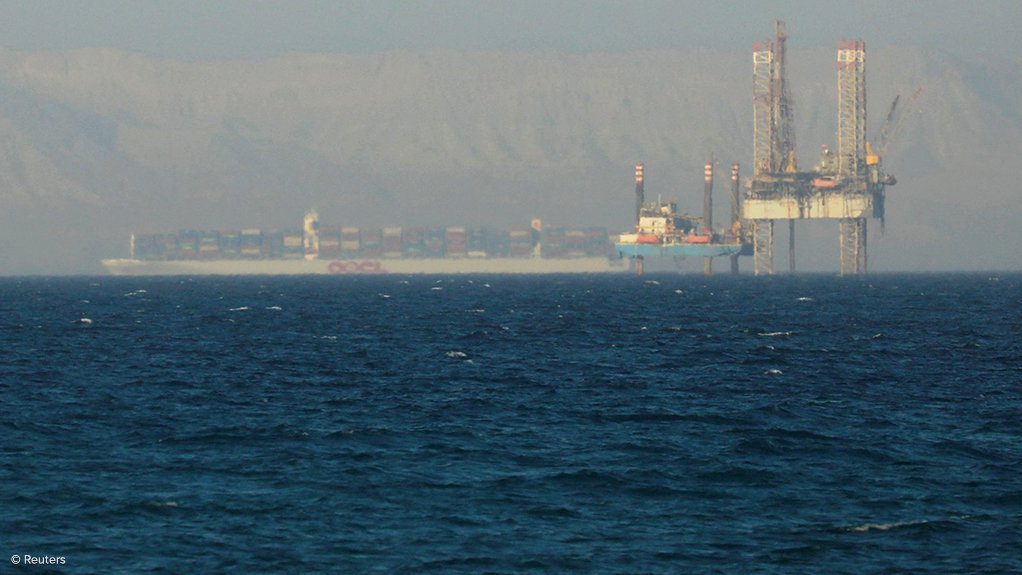The United Nations Conference on Trade and Development (Unctad) estimates that transits passing through the Suez Canal have decreased by 42% compared with its peak, owing to attacks on Red Sea shipping lanes.
With major players in the shipping industry temporarily suspending Suez transits, weekly container ship transits have fallen by 67%, and container-carrying capacity, tanker transits and gas carriers have experienced significant declines, notes the global body in a report called 'Navigating Troubled Waters. The Impact to Global Trade of Disruption of Shipping Routes in the Red Sea, The Black Sea and the Panama Canal'.
Meanwhile, total transits through the Panama Canal have plummeted by 49% compared with its peak, this on the back of dwindling water levels.
These developments compound the ongoing disruption in the Black Sea owing to the war in Ukraine, which has resulted in shifts in oil and grain trade routes.
Unctad says mounting uncertainty and the effort to shun the Suez Canal and reroute ships around South Africa is having both an economic and environmental cost, placing additional pressure on developing economies.
Growing significantly since November last year, the surge in the average container spot freight rates registered the highest ever weekly increase, growing by $500 in the last week of December.
This trend has continued into the new year, with average container shipping spot rates from Shanghai having more than doubled since early December (+122%), growing more than threefold to Europe (+256%), and above average (+162%) to the US West coast.
“Ships are avoiding the Suez and the Panama Canals and seeking alternative routes,” says Unctad in its report.
“This combination translates into longer cargo travel distances, rising trade costs and insurance premiums.
“Furthermore, greenhouse gas emissions are also growing from having to travel greater distances and at greater speed to compensate for the detours.”
The Panama Canal is particularly important for the foreign trade of countries on the west coast of South America.
Around 22% of total Chilean and Peruvian foreign trade volumes depend on the canal.
Ecuador is the country most dependent on the canal, with 26% of its foreign trade volumes crossing the canal.
Foreign trade for several East African countries is also highly dependent on the Suez Canal.
Roughly 31% of foreign trade by volume for Djibouti is channelled through the Suez Canal.
For Kenya, the share is 15%, and for Tanzania it is 10%.
Among East African countries, foreign trade for Sudan depends the most on the Suez Canal, with about 34% of its trade volume crossing the canal.
Unctad warns about the potential far-reaching economic implications of prolonged disruptions in container shipping, which are threatening global supply chains and potentially delaying deliveries, leading to higher costs and inflation.
“The full impact of higher freight rates will be felt by consumers within a year,” warns the body.
“In addition, energy prices are surging as gas transits are discontinued and directly impacting energy supplies and prices, especially in Europe.
“The crisis could also potentially impact global food prices, with longer distances and higher freight rates potentially cascading into increased costs.
“Disruptions in grain shipments from Europe, Russia and Ukraine pose risks to global food security, affecting consumers and lowering prices paid to producers.”
EMAIL THIS ARTICLE SAVE THIS ARTICLE ARTICLE ENQUIRY
To subscribe email subscriptions@creamermedia.co.za or click here
To advertise email advertising@creamermedia.co.za or click here











